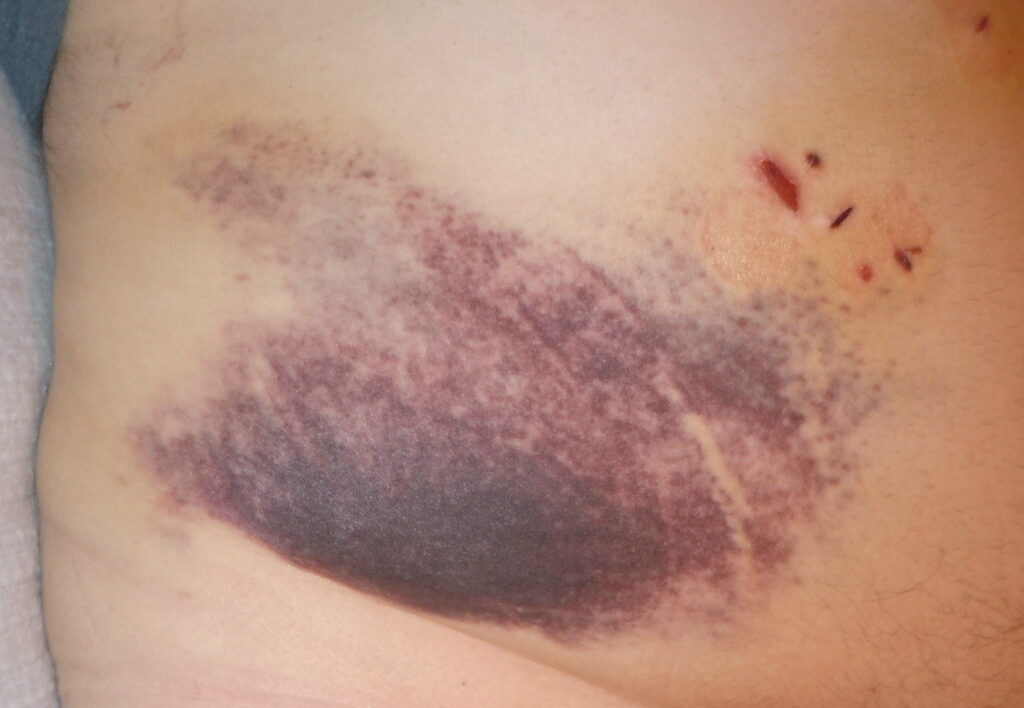Gallbladder removal is a surgical procedure often recommended to treat gallstones, inflammation, or other gallbladder-related conditions. For many patients, the thought of surgery can raise concerns, but understanding what to expect helps ease concerns and prepare for recovery. Here’s more information on what to expect from gallbladder surgery:
Preparing for Gallbladder Surgery
Your surgeon will provide specific instructions to prepare for your gallbladder removal surgery, also known as a cholecystectomy. Most patients need to fast for some hours before the procedure, which means no food or liquids. This preparation helps prevent complications during anesthesia. You may also need to stop certain medications several days before surgery.
Pre-surgical tests are required to make sure you’re healthy enough for the procedure. These may include blood tests and imaging studies. Your surgeon will also review your medical history and current medications during a pre-operative consultation. This appointment is a helpful time to ask questions about the procedure and recovery process.
You should arrange for someone to drive you home after surgery and stay with you for the first 24 hours. Setting up your recovery space at home before the procedure can make your return comfortable. Stock up on prescribed medications, easy-to-prepare foods, and anything else you may need during your initial recovery period.
Understanding the Procedure
Most gallbladder removals today use minimally invasive laparoscopic techniques. During a laparoscopic cholecystectomy, the surgeon makes several small incisions in your abdomen rather than one large cut. A tiny camera called a laparoscope guides the surgeon while specialized instruments remove the gallbladder through these small openings.
Your surgeon will first inflate your abdomen with carbon dioxide gas to create space for safe operation. The laparoscope provides a clear view of your gallbladder and surrounding organs on a monitor. The surgeon carefully disconnects the gallbladder from the liver and bile ducts before removing it through one of the small incisions.
Recovering After Surgery
You’ll wake up in a recovery area where medical staff monitors your health signs as the anesthesia wears off. Most patients experience some throat discomfort from the breathing tube used during surgery. Shoulder pain is also common due to the carbon dioxide gas used during the procedure.
Pain medication will help manage your discomfort during the first few days. Many patients can go home the same day as their surgery, though some may need to stay overnight for observation. Your surgeon will provide specific instructions about wound care, activity restrictions, and when to contact the medical team.
Walking is encouraged soon after surgery to prevent blood clots and promote healing. Start with short walks around your home and gradually increase your activity as you feel better. Most people can return to light activities within a few days, but you should avoid heavy lifting for several weeks.
Book Your Gallbladder Removal Consultation
Gallbladder removal surgery is a safe and effective treatment for gallbladder conditions that cause significant symptoms. Understanding the preparation process, surgical procedure, and recovery timeline can help you feel confident about moving forward with treatment. If you’re experiencing gallbladder pain or have been diagnosed with gallbladder disease, book a consultation with a qualified surgeon near you to evaluate your condition.

